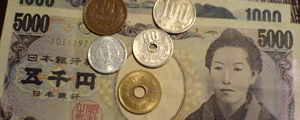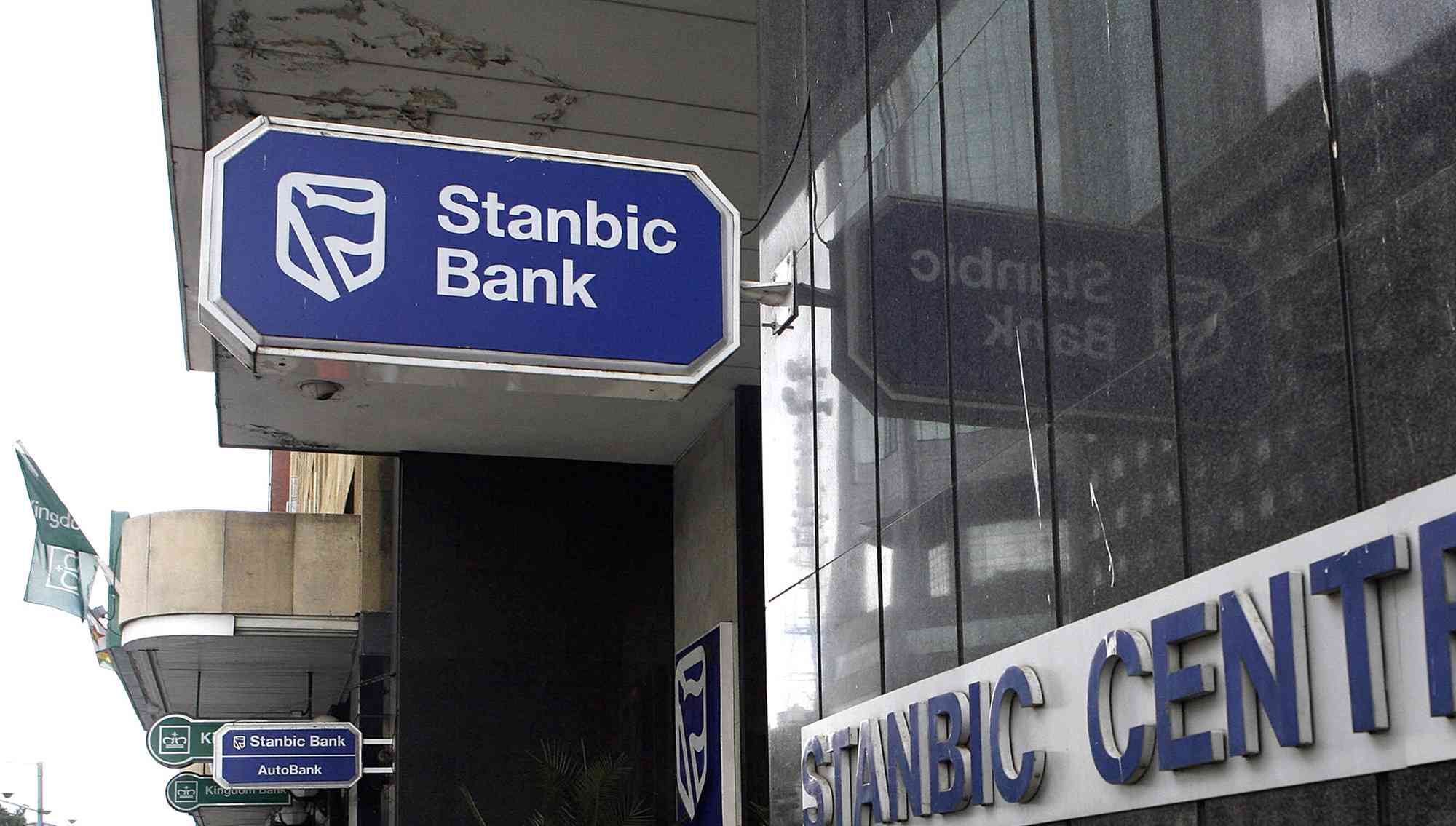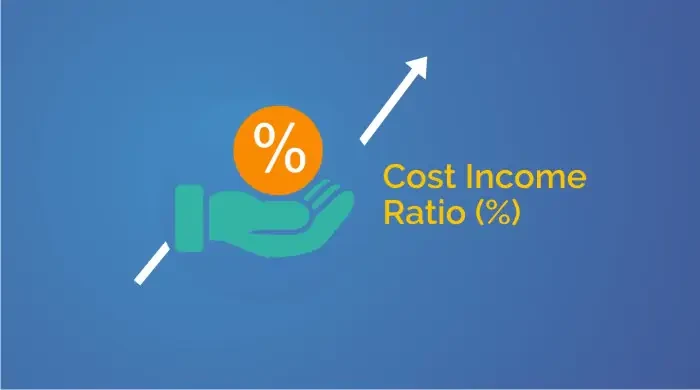
LONDON — The yen jumped against the dollar, world shares fell and yields on riskier European debt rose yesterday after the Bank of Japan disappointed investors by deciding against moving to calm volatile markets.
Reuters
The decision unnerved investors already highly sensitive to any signs of a lack of commitment from global central banks to the ultra-loose monetary policies that have fuelled rapid gains in asset prices this year.
Traders said some nervousness over a German Constitutional Court hearing on the legality of the European Central Bank’s bond-buying scheme could also be prompting investors to cut their exposure to lower-rated euro zone debt.
The BOJ’s decision not to follow up its $1,4 trillion stimulus programme announced in April at its latest policy meeting with measures to ensure bonds yields stayed low rattled mainly foreign investors who had expected further action.
“There were some expectations that the BOJ would curb bond market volatility and that has not happened,” said Chris Walker, currency strategist at Barclays.
The dollar sank by around 1,25% to 97,50 yen against the a resurgent Japanese currency by mid-morning, while the euro lost over 1 percent at 129,55 yen.
Some in the market accused the BOJ of poor communication.
- Chamisa under fire over US$120K donation
- Mavhunga puts DeMbare into Chibuku quarterfinals
- Pension funds bet on Cabora Bassa oilfields
- Councils defy govt fire tender directive
Keep Reading
“Many of the signals coming out of the BOJ recently have confused the markets, exacerbating volatility in bonds and hurting share markets,” said Mike Ingram, market analyst at BGC Partners.
Disappointment over the BOJ rippled through other riskier asset markets, sending European shares lower and yields on weaker euro zone debt higher.
The broad FTSE Eurofirst 300 index .FTEU3 of top shares, which has shed 5% in the past 12 trading sessions, had lost a further 0,9% by mid-morning.
“Given the lack of action from Japan overnight, that just serves to highlight how the markets are highly dependent on central banks,” said Ioan Smith, strategist at Knight Capital.
Earlier the BOJ’s decision pushed Japan’s Nikkei index down 1,5%.N225 while MSCI’s broadest index of Asia-Pacific shares outside Japan .MIAPJ0000PUS tumbled 1,1% to hit fresh 6-1/2-month lows. The MSCI world equity index .MIWD00000PUS fell 0,2%, reversing three days of gains.
In the debt market investors pulled out of the riskiest assets sending Greek 10-year bond yields up 75 basis points at 10,22%. Portuguese equivalent bonds rose 34 bps to 6,59%.
The Greek government has failed to find buyers for the state-owned natural gas company, threatening the privatization goal set under the country’s bailout.











